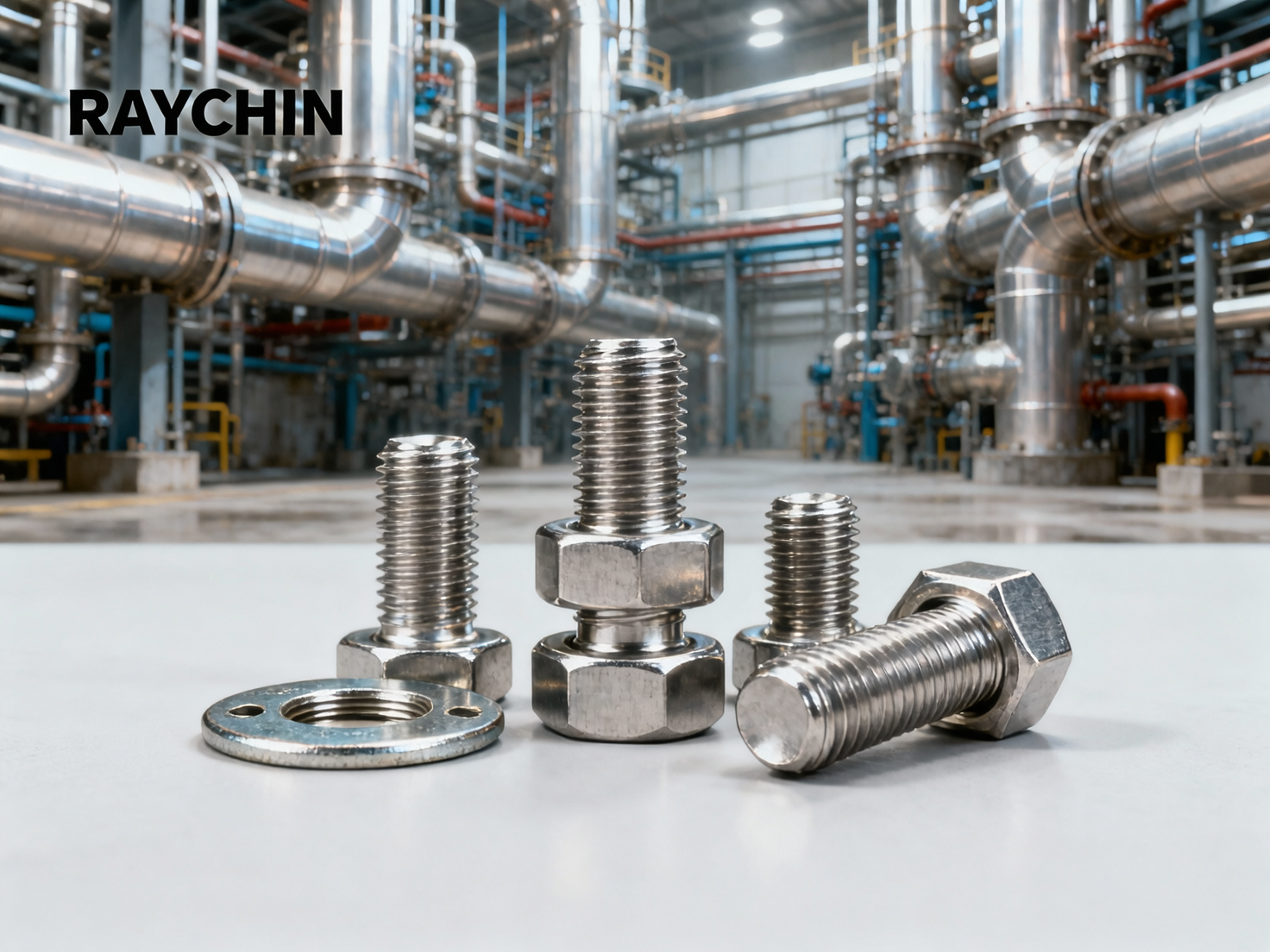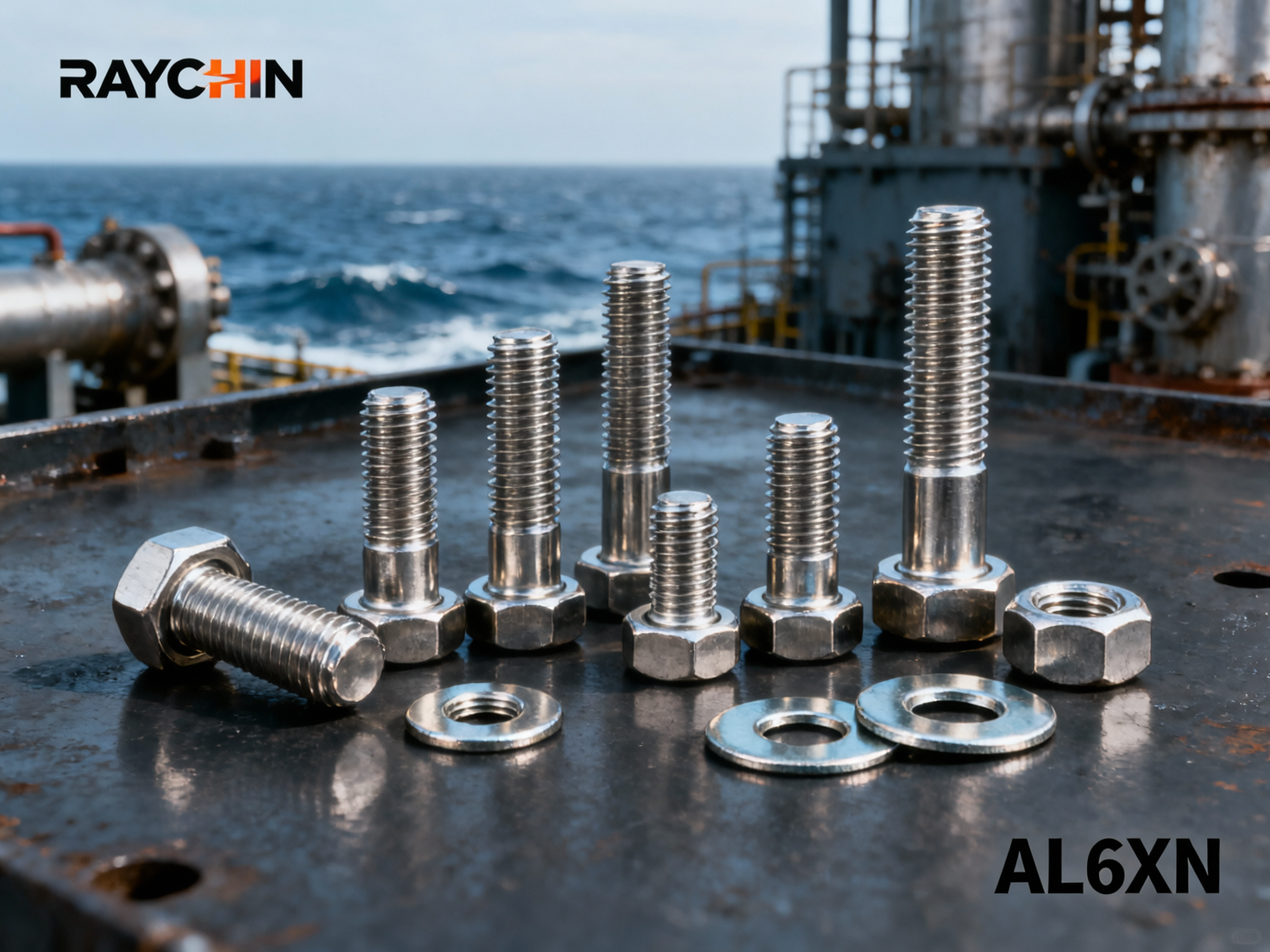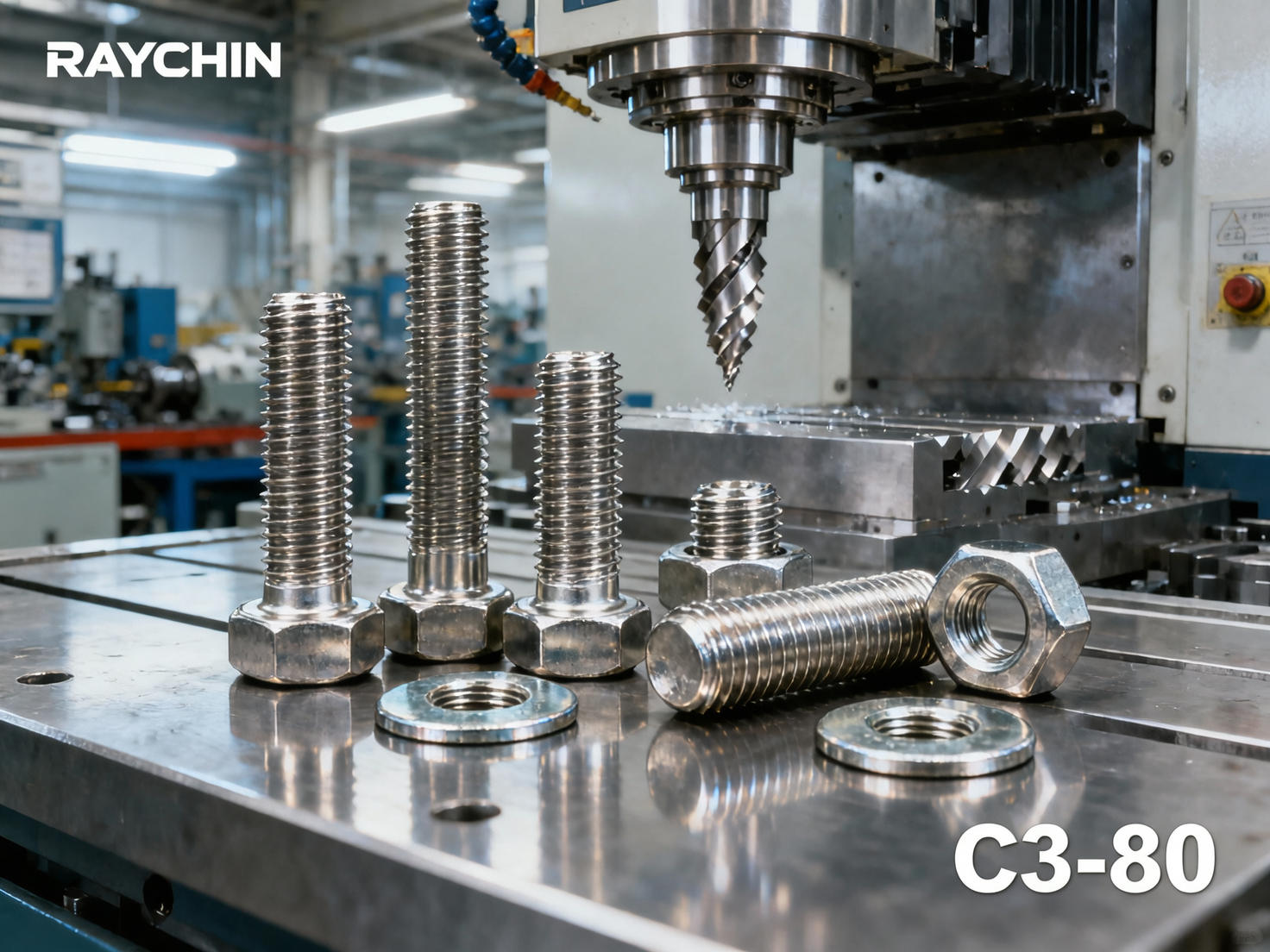Categories List
Recent Posts
![Duplex Stainless Steel Fasteners: The Guide to High-Strength Corrosion-Resistant Fastening Solutions Duplex Stainless Steel Fasteners: The Guide to High-Strength Corrosion-Resistant Fastening Solutions]() Duplex Stainless Steel Fasteners: The Guide to High-Strength Corrosion-Resistant Fastening Solutions
Duplex Stainless Steel Fasteners: The Guide to High-Strength Corrosion-Resistant Fastening Solutions![AL6XN Fasteners: The Guide to Super-Austenitic Stainless Steel Solutions for Severe Chloride Environments AL6XN Fasteners: The Guide to Super-Austenitic Stainless Steel Solutions for Severe Chloride Environments]() AL6XN Fasteners: The Guide to Super-Austenitic Stainless Steel Solutions for Severe Chloride Environments
AL6XN Fasteners: The Guide to Super-Austenitic Stainless Steel Solutions for Severe Chloride Environments![C3-80 Fasteners: The Complete Guide to Martensitic Stainless Steel Solutions for General Corrosion Resistance C3-80 Fasteners: The Complete Guide to Martensitic Stainless Steel Solutions for General Corrosion Resistance]() C3-80 Fasteners: The Complete Guide to Martensitic Stainless Steel Solutions for General Corrosion Resistance
C3-80 Fasteners: The Complete Guide to Martensitic Stainless Steel Solutions for General Corrosion Resistance
Nickel-based alloy fasteners play a vital role in chemical pumps, especially in critical applications that handle extremely corrosive, high-temperature or high-pressure media. They are widely adopted mainly because they offer an excellent combination of properties that ordinary stainless steels (such as 304, 316) and even some duplex stainless steels cannot match.
The following are the core reasons and advantages of the application of nickel-based alloy fasteners in chemical pumps:
1. **Excellent corrosion resistance:**
***Coping with highly corrosive media:** Nickel-based alloys (such as Hastelloy, Inconel, Monel) are extremely resistant to a variety of highly corrosive chemicals, including:
***Strong acids:** Sulfuric acid (especially hot concentrated sulfuric acid), hydrochloric acid, phosphoric acid, nitric acid (some alloys), hydrofluoric acid (Monel performs well).
***Strong alkalis:** Concentrated sodium hydroxide solution.
***Chloride solutions:** Seawater, brine, chlorine-containing process fluids.
***Oxidizing and reducing environments:** Some alloys (such as Hastelloy C series) can remain stable in both environments.
***Wet chlorine, hypochlorite. **
***Resistance to local corrosion:** This is one of the most prominent advantages of nickel-based alloys. They are extremely resistant to **pitting, crevice corrosion, and stress corrosion cracking**. The bolted joints, flange surfaces, and gasket contact areas of chemical pumps are key areas prone to crevice corrosion and stress corrosion. Ordinary stainless steel fasteners are very likely to fail at these locations. SCC is a common mode of fastener failure in chemical equipment (including pumps), and nickel-based alloys greatly reduce this risk.
2. **Excellent high-temperature strength and stability:**
***High-temperature creep strength:** At high temperatures, many materials will creep (slow plastic deformation), causing the fastener preload to relax and causing flange leakage. Nickel-based alloys can still maintain high strength and creep resistance at high temperatures (much higher than the applicable temperature of 316 stainless steel), ensuring long-term reliable connections.
***High-temperature oxidation/sulfurization resistance:** In high-temperature oxygen- or sulfur-containing environments, nickel-based alloys are more resistant to oxidation and sulfidation corrosion than stainless steel, maintaining surface integrity and strength.
3. **High strength and toughness:**
* Nickel-based alloys generally have higher strength (yield strength and tensile strength) than austenitic stainless steel. This allows fasteners to withstand higher preloads and working loads, and more compact designs.
* Even at low temperatures, they generally maintain good toughness to avoid brittle fracture.
4. **Good fatigue resistance:**
* Chemical pumps may be accompanied by vibration during operation. The good fatigue resistance of nickel-based alloys helps fasteners last longer under alternating loads.
**Specific application parts in chemical pumps:**
***Pump casing flange connection bolts/nuts:** This is the most core application part. Connect the various parts of the pump casing (such as the pump body and the pump cover, the pump body and the inlet and outlet flanges), withstand the internal medium pressure, gasket compression force and potential bending stress. Failure here will cause catastrophic leakage.
***Bearing frame/bracket connection bolts:** Connect the components of the pump body and the support bearings and shafts to ensure the alignment and stability of the shaft system.
***Mechanical seal gland bolts:** Fix the mechanical seal gland, which is critical to the sealing performance. The environment here may be in direct contact with the process medium or seal flushing fluid.
***Base fixing bolts:** Large pumps may require high-strength base bolts.
***Internal component fixing:** In some specially designed pumps, it may be used to fix the impeller nut (if exposed to the medium) or other internal components.
**Common nickel-based alloy fastener materials:**
***Hastelloy C-276:** All-round champion, with excellent corrosion resistance to a wide range of strong oxidizing and reducing acids, salt solutions (especially chloride-containing), wet chlorine gas, etc., and superb resistance to pitting, crevice corrosion and SCC. Good high temperature performance. It is one of the most commonly used high-end nickel-based fastener materials for chemical pumps.
***Hastelloy B-2/B-3:** Excellent corrosion resistance to reducing environments (such as hydrochloric acid and sulfuric acid), but may be limited under oxidizing conditions (such as acids containing Fe³⁺ or Cu²⁺, nitric acid). B-3 improves the thermal stability of B-2.
***Inconel 625/718:** Excellent corrosion resistance, high strength (especially 718, which can reach ultra-high strength through age hardening), excellent fatigue resistance and creep resistance, common in high temperature and high pressure applications. Very good resistance to chloride SCC.
***Monel 400/K-500:** Excellent corrosion resistance to hydrofluoric acid, fluorine gas, hot concentrated alkali solution, seawater and reducing environment. K-500 is precipitation hardening type with higher strength. Commonly used in seawater pumps, hydrofluoric acid pumps, etc.
***Inconel 825:** Although the iron content is higher (classified as iron-nickel base), the performance is close to nickel base. Good resistance to reducing and oxidizing acids, stress corrosion cracking, especially suitable for sulfur-containing environments (such as sulfuric acid).
**Key considerations for selection:**
1. **Specific process media:** Composition, concentration, temperature, pressure, pH value, presence of oxidants/reducing agents, impurities (such as Cl⁻, F⁻, S⁺). This is the primary basis for material selection.
2. **Temperature:** Operating temperature and possible fluctuation range.
3. **Stress state:** Preload, working load (pressure, vibration) and potential bending stress of fasteners. High stress areas require more attention to SCC risks.
4. **Cost:** Nickel-based alloy fasteners cost much more than stainless steel. A full life cycle cost analysis is required to consider the safety risks, production downtime losses, and repair and replacement costs caused by failure. In critical areas, the long-term benefits of its reliability usually far exceed the initial cost.
5. **Compatibility with pump body/flange materials:** Avoid galvanic corrosion caused by contact between different metals. Ideally, the fastener material should be equal to or better than the corrosion resistance level of the connected parts.
Summary:
In the field of chemical pumps, when the process medium is highly corrosive (especially chloride-containing), high temperature, high pressure, or there is a high stress state that makes ordinary stainless steel fasteners prone to pitting, crevice corrosion or stress corrosion cracking, nickel-based alloy fasteners are the key choice to ensure the long-term safe, reliable and leak-free operation of the equipment. With their unparalleled corrosion resistance (especially localized corrosion), high temperature strength and stability, they have become the "fuse" to ensure the safety of chemical production under harsh working conditions. Despite the high initial cost, their excellent performance and long life are usually very cost-effective in critical applications. Material selection must be rigorously evaluated based on specific working conditions. Please consult our material experts if necessary.
Request A Quote! We'll respond as soon as possible(within 12 hours)
Get a Quote



